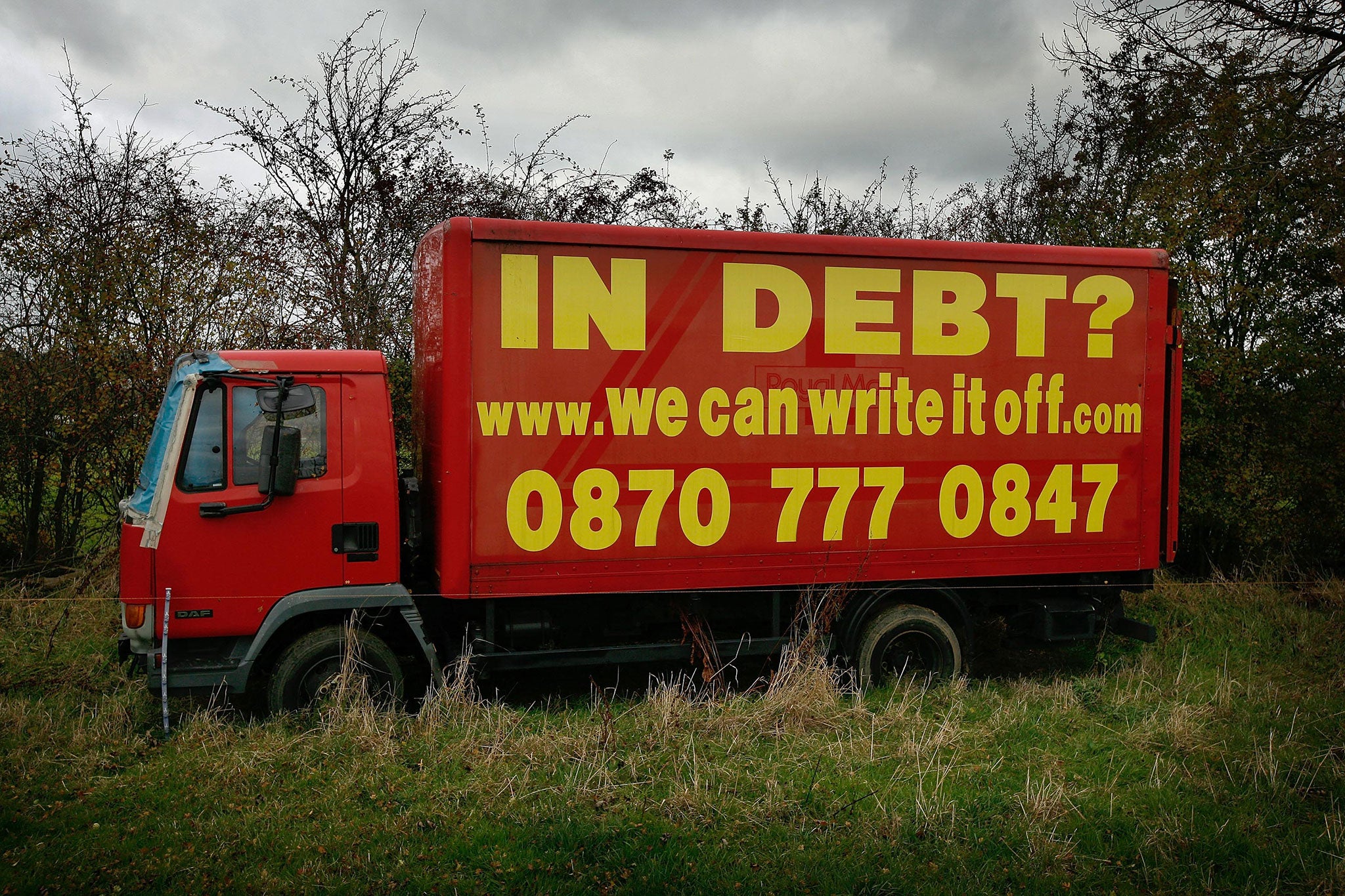People in debt need help, not council bullies
Councils have to chase debts, but not so aggressively

What’s the worst way to deal with people who are struggling with debt? Threaten them with court action or bailiffs. That will only serve to sink them into fear and worry and leave them much less capable of getting their finances back on track.
It’s probably no surprise to you that the Financial Conduct Authority yesterday accused payday lenders of doing just that. You can read full details of their accusations in my report on page 47. But it may come as a surprise to discover that local councils have been accused by a debt charity of using similarly unsavoury tactics.
Step Change debt charity research published this week suggests that councils are more likely to engage in aggressive enforcement action through the use of bailiffs and threats of court enforcement, rather than offer affordable payment options to people with council tax arrears.
Even when people tried to talk to their council about their debt problems, they faced tough action. Two-thirds were still been threatened with court action, half were threatened with bailiffs; while only a quarter were offered an affordable payment option and only one in 10 were encouraged to get debt advice.
What do you think happens when vulnerable people are threatened with court or bailiffs? Some will turn to high-cost credit to get them out of a short-term hole, with the inevitable result that their financial position gets much worse. For some the impact can be even more disastrous, with the stress hitting mental health.
Mike O’Connor, chief executive of StepChange, says: “It is shocking that many councils are less likely to be helpful to people in debt than banks are, and are more likely to take people to court.”
I agree. Councils of course have to chase debts, but not so aggressively. They should be forced to find ways to help struggling people cope with their debt problems, rather than adding to them. And those that responsibly seek help with debt woes should be given it.
s.read@independent.co.uk
Twitter: @simonnread
Join our commenting forum
Join thought-provoking conversations, follow other Independent readers and see their replies
Comments